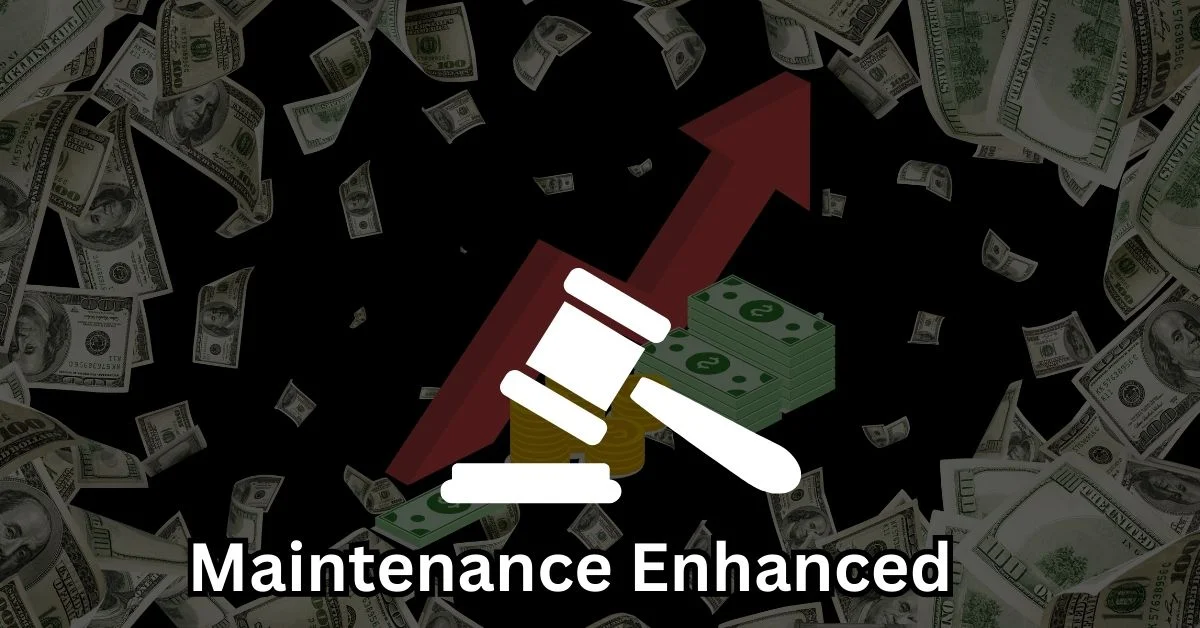In a significant judgment delivered by the Hon’ble Delhi High Court on 9th August, 2023, a wife has been sentenced to one month of imprisonment for willfully breaching a settlement agreement with her husband. The case stemmed from the marital discord between the couple, which led to their separation and the initiation of multiple legal proceedings against each other.
Background of the Case
Married on 25.07.2015, lived separately since 06.04.2017 due to temperamental differences. Instituted multiple legal proceedings against each other and family members.
56-clause settlement agreement formulated, offering a step-by-step resolution procedure. Filed First Motion petition for mutual divorce under Section 13(B)(1) of the Hindu Marriage Act.
As per the settlement, after the first motion, the Husband was required to execute a Gift Deed relating to a flat in favor of the wife. It was also agreed that wife will hand over ₹9,91,408/- cheque for HSBC Bank loan closure, which the wife did.
It was further agreed that wife will pay the outstanding maintenance charges of ₹13,48,758/-, towards the maintenance of the said flat.
Dispute arose over the maintenance charges, which may have accrued in the interregnum i.e., from 01.09.2022 until the final execution of the Gift Deed.
Husband initially opposed to pay the differential amount of ₹1,13,170/- towards maintenance charges but later vide email dated 07.10.2022 agreed to pay the said charges directly to the Society and requested the wife to remit the agreed amount of maintenance dues of ₹13,48,758/- to the Society directly.
However, the wife vide email dated 09.11.2022 rejected the said proposal of the Husband. She insisted that, in the first instance, the Husband should pay the entire amount of ₹14,61,928/- to the Society and that she will reimburse the agreed amount of maintenance i.e., ₹13,48,758/- at the time of execution of the Gift Deed.
The Deadlock continued on this point and wife took steps to pursue the pending legal proceedings against the husband, which she had in the agreement agreed to withdraw.
Husband then file the present case for contempt against the wife.
Husband’s Arguments
In support of the husband (Petitioner), the counsel highlighted emails indicating the Society’s refusal to share information without cleared dues. The husband offered to deposit ₹13,48,758/- to the Court and bear maintenance charges. However, he insisted on wife (Respondent) paying the agreed maintenance charges directly to the Society. Despite mediation attempts, the wife pursued legal proceedings, breaching the settlement agreement and affidavit of undertaking.
Key Points:
Petitioner’s counsel referenced emails showing Society’s reluctance to share information without cleared dues.
Petitioner offered to deposit ₹13,48,758/- and cover differential maintenance charges directly to the Society.
Respondent required to pay agreed maintenance charges directly to the Society per settlement agreement.
Petitioner reaffirmed willingness to execute the Gift Deed and abide by settlement terms.
Mediation attempted initially to resolve maintenance dues issue but failed.
Respondent’s pursuit of legal proceedings, including Section 24 application, breached settlement agreement and undertaking.
Wife’s Arguments
In response, the Respondent firmly declared her decision to withdraw from the settlement agreement, citing her right to withhold divorce consent based on a relevant judgment. She also mentioned the Petitioner’s failure to meet the Gift Deed deadline and her own financial constraints due to her father’s terminal illness as reasons for withdrawal. The Respondent asserted that since the Petitioner faced no disadvantage from the settlement, her withdrawal shouldn’t lead to contempt proceedings.
Key Points:
In her reply dated 04.04.2023, the Respondent firmly declared her decision to withdraw from the settlement agreement.
Counsel referred to the Rajat Gupta vs Rupali Gupta judgment, asserting Respondent’s right to withhold divorce consent, making the settlement agreement obsolete.
Respondent’s entitlement to withdraw was based on Petitioner’s failure to meet the Gift Deed deadline of 04.10.2022 as stipulated.
Respondent cited her father’s terminal illness (diagnosed Dec 2022) as an added reason for revoking the settlement due to financial constraints.
Since the Petitioner faced no disadvantage post-settlement, Respondent’s withdrawal doesn’t warrant contempt proceedings; legal recourse should follow clause 36 of the agreement.
Analysis and Conclusion
Hon’ble Delhi High Court reviewed submissions from the parties and the case records, and arrived at several conclusions in the said case (ANURAG GOEL vs CHHAVI AGARWAL):
The Respondent retracted from a settlement agreement and an affidavit of undertaking, which led to her non-compliance with the settlement terms.
The Respondent’s claim that she had the right to withhold consent to divorce, based on a prior judgment, was incorrect. While the court couldn’t force her to agree for mutual divorce, other clauses of the settlement agreement still applied.
The Respondent’s delay in executing a Gift Deed was not proven, and the court found her claim to be an afterthought.
The Respondent’s decision to renege from the settlement agreement was due to financial dissatisfaction rather than any legitimate grounds.
The court emphasized the sanctity of undertakings given to the court and held the Respondent in contempt for willfully violating the agreement.
The Respondent’s unwillingness to comply eroded the authority of the court and the judicial process, and her conduct amounted to abuse of legal process.
The court imposed a fine ₹2,000/- and simple imprisonment for a term of one (1) month on the wife (Respondent) for contempt, giving her an opportunity to purge the contempt by complying with the settlement terms and offering an apology.



